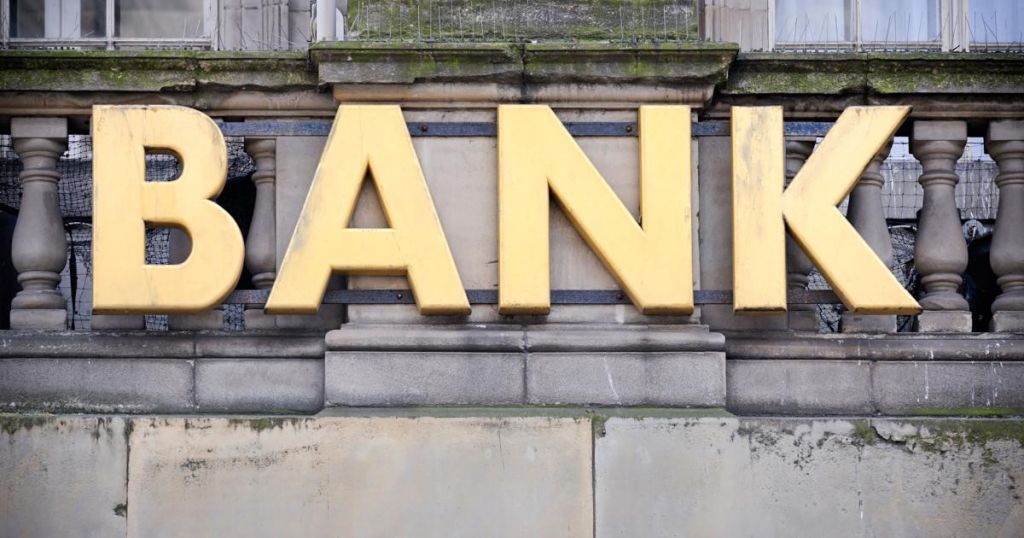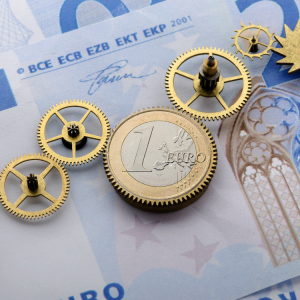
Editorial To Vima: The responsibility of banks
The post-pandemic period is indeed one of rebirth. Greece, more injured than any other country due to the preceding decade-long economic crisis, has the preconditions for the desired leap forward.
In the 1960s Greece had an annual growth rate of six or seven percent and was treated by the OECD as a state that was a model of economic growth.
One might have called it a European tiger, a small version of the Asian tigers of the 1990s.
This happened in an entirely different environment and in an essentially unfree political cycle with limits on expression but without trade union freedoms, and with a state that was largely a police state and economically protectionist, with controls on exports and pricing.
Obviously, there is no direct parallel to today’s situation.
Yet, one cannot ignore the more general environment of creativity and reconstruction that prevailed in the post-war years. From the horror and untold misery of the war arose a hope for life and rebirth, a wave of reconstruction that encompassed the entire world.
In Greece, development was based on limited (compared to now) funding from the Marshall Plan and the so-called undeclared resources – essentially money wired by our migrants and sailors, who en masse back then were working for the Greek-flag fleet.
The most important thing was that the money was put to good use. Despite the economic scandals of that period, it was earmarked for productive activity with plans that inspired trust and transformed economic opportunities into foundations for growth and the creation of new wealth.
The role of banks was decisive back then. Banks in the 1960s placed great stress on creating new, viable businesses and organising durable “new books”, as they used to say.
They functioned mainly as investment advisors. They visited businesses on-site, chose their collaborations, knew people, and generally opened new paths.
They did not have a culture of interest-laden and binding working capital, which for many proved to be the foundation of over-borrowing and bankruptcy.
Most importantly, through this practice they mobilised hundreds of thousands of people and helped create countless businesses, through which they made the reconstruction of the productive base a common target and goal. The current period can lead mutatis mutandis to the sort of dynamic we saw in the 1960s.
The post-pandemic period is indeed one of rebirth. Available funding is infinitely more. Europe and the world are in a process of reconstruction.
Greece, more injured than any other country due to the preceding decade-long economic crisis, has the preconditions for the desired leap forward.
Banks are also in a phase of reorganisation. They are tending to free themselves from the sins of the past and are preparing for the future.
They are already taking the first risk with en masse capital increases to ensure the requisite funding in order to back new investments.
They can channel the energy that they acquire into broader schemes, without limiting themselves to obvious business forces, by choosing and involving many more, and by persuading and helping them to undertake their own risk and begin their own business activity.
Today, about 50,000 business schemes are considered fundable. Clearly, that is not enough to transform Greece into a European tiger. One will need 150,000 in order to reasonably expect a decade of constant, strong growth.
That is the great challenge for largely freed up banks and their well-paid executives.
They must truly change, leaving behind the mores of past decades and the moneychangers’ counting of interest payments, and become co-creators of growth and guarantors of economic prosperity.
Ακολουθήστε το in.gr στο Google News και μάθετε πρώτοι όλες τις ειδήσεις






































 Αριθμός Πιστοποίησης Μ.Η.Τ.232442
Αριθμός Πιστοποίησης Μ.Η.Τ.232442